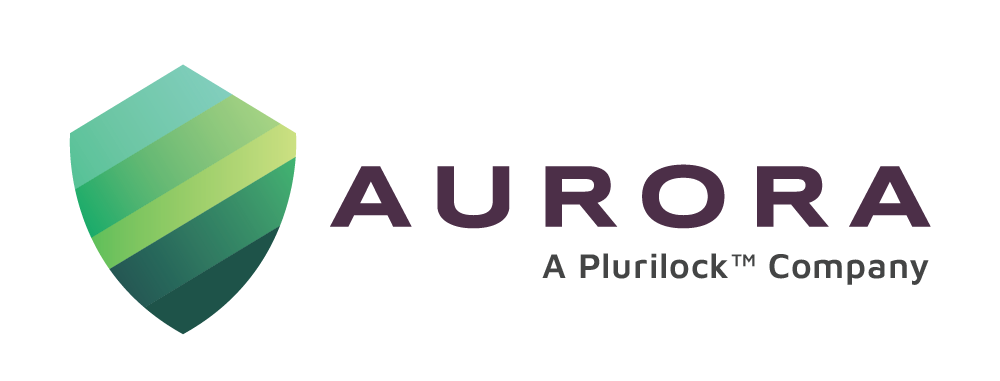In the not-so-distant past, it was the done thing for Security Operating Centers (SOC) to manually address data breaches. Cyberattacks today however are so frequent, voluminous, and automated that such a reactive posture is no longer feasible. Entry points have grown. So too has the wherewithal of cybercriminals who have incorporated automation into their cyberattacks. The only way of effectively countering the threat is by levelling the playing field and incorporating automation into one’s cyber arsenal. Automation serves to collect and analyze threat data, generate a response, control the spread of the threat and initiate remediation measures.
Automation is a tool first
It is important to have the right mindset when opting for an automation solution. Short-sighted organizations tend to look at Automation as a way to reduce their headcount while automating their security processes, which is an incorrect approach. The primary reason for automating repeatable tasks is to allow people to change their focus from doing these seemingly mundane tasks to problem-solving activities. Automation should be first viewed as an investment that allows SOC personnel to focus on such important productive and complex tasks as designing and strategizing cyber strategies, cyber hygiene, remediation activities, and automation engineering, and then as a tool to handle repetitive tasks. The idea is to create a mix of cognitive learning technologies and human analysts’ intervention – man and machine working in tandem – to forge a winning culture.
What’s there to automate
Here’s a list of areas that could be considered for automation (1)
- Robotic Process Automation (RPA) covers the automation of repetitive low-cognitive tasks like collection of data, extraction, and basic threat search and detection that otherwise would have been time-consuming, tiring, and prone to errors, if handled manually. RPA could also be assigned to automatic software updating and rollout of patches
- Certificate Management processes that would take care of enrolment, notifications, renewal, expiry, etc
- Orchestration of incident responses using SOAR (Security Orchestration Automation and Response) working alongside SIEM (Security Information Event Management) with security tools installed in the security setup. SOAR is a complex tool that relies on properly captured incidents and data from internal and external sources to trigger an automated response. SOAR solutions (2) offer automation enhancements to significantly reduce the number of tasks of security specialists, detect and verify threats that are concealed in the raw data, and verify if a threat just lingers or results in an actual breach.
The Benefits of Automation
Automation and AI can help organizations improve their security posture to a great extent. Some of the benefits that they bring are:
- Automation (3) and AI correlate data that can easily become an onerous task if performed manually. Threat intelligence increases with greater amounts of data, which then need to be correlated to come up with attack patterns
- Machine learning and automation allow data sequencing to happen faster, more effectively, and more accurately
- Preventing spread after a threat has been identified at faster speeds than if a set of protections were put in place manually. Automation expedites the process of creating protections without straining resources while keeping pace with the attack.
- Speedy and effective implementation of protections once they are created. The process can help predict the next steps in an unknown attack swiftly and with a fair degree of accuracy before it occurs, and prime SOCs to take pre-emptive steps
- Automation provides credible information for SOCs and cyber experts on the team to take informed decisions about threats and attacks
- Thorough end-to-end system checks for irregularities and infections already resident in the system once a threat or attack has been identified
Adopting Automation
With the right mindset in place, moving from a manual culture to an automated work culture can be relatively easy. However, organizations would still need to pay attention to the following:
- The investment involved in the automation process
- Evaluation of the entire cybersecurity process culminating in an automation plan
- Selection of the right solutions provider, paying special attention to the need for confidentiality
- Setting up an automation implementing team with due regard to training
- Assigning higher-end responsibilities to the cybersecurity team, so they engage in the more complex tasks associated with the cybersecurity efforts of the organization.
The Future of Automation
Forbes believes that Intelligent Automation (IA) is the future, especially for organizations (4). Lying at the intersection of robotics, artificial intelligence (AI), and business process management (BPM), IA has the potential to change the way we work and live in the coming years. In organizations, this means smarter business processes and workflows with an innate intelligence to learn, adapt and grow along the way. IA would enable the automation of knowledge work by mimicking human workers’ capabilities, ultimately doing tasks far more than human capabilities. It is estimated that IA can improve the automation rate by almost 80%, with exceedingly fast turnaround times for fraud detection and remediation.
While the jury may still be out as to whether Automation will affect job positions, Forbes believes that IA will result in role changes as opposed to job losses, with executives now required to perform higher and more productive roles. It quotes an IBM report which says that 90% of executives interviewed thought that situations, where IA was being used, created higher-value work for employees.
Such a mindset is just the impetus that Automation needs to become the buzzword of the future!
Aurora with its Log Management Services and SIEM, Network Security, Firewalls, and other cybersecurity services can provide winning solutions for your automation security.
For more information, contact sales@aurorait.com or call (888) 282-0696
References:
- Cyberexperts : https://cyberexperts.com/automation-and-integration-in-cybersecurity/
- Forbes :Automation And AI: The New Frontier In Cybersecurity (forbes.com)
- Palo Alto : https://www.paloaltonetworks.com/cyberpedia/4-ways-cybersecurity-automation-should-be-used
- Forbes : The Future Is Both Automated And Intelligent (forbes.com)




